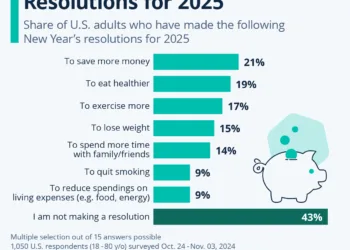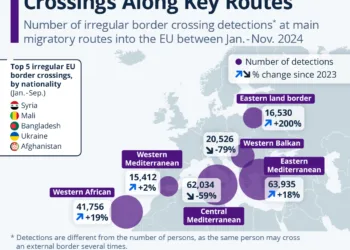Understanding the 2024 Presidential Election Gender Gap
The 2024 U.S. presidential election has revealed notable trends in voting behavior, particularly through the lens of gender. Exit polls indicate a significant 10 percentage point gender gap between Democrat Kamala Harris and Republican Donald Trump. These dynamics highlight the shifting landscape of American politics, particularly as it pertains to gender and demographic identities.
Gender Voting Trends
Female Voter Preferences
The data collected from exit polls suggest that a majority of female voters cast their ballots for Kamala Harris. This female alignment toward Harris is reflective of broader support for Democratic policies, particularly among women who are increasingly mobilized around issues like reproductive rights, workplace equity, and social justice reforms.
Male Voter Preferences
Conversely, a majority of male voters opted for Donald Trump. This pattern mirrors trends seen in previous elections, where men have tended to gravitate toward Republican candidates. The underlying reasons might include traditional party affiliation, economic outlooks, and differing views on social issues.
Demographic Breakdown of Support
White Women’s Support for Trump
Interestingly, a small majority of white women reportedly preferred Trump over Harris. This demographic group’s voting behavior is critical because it often fluctuates based on various factors, including economic conditions and social issues that resonate with them.
Black and Hispanic Women’s Vote
The exit polls reveal stark contrasts in support from different racial groups. In particular, only 7 percent of Black women favored Trump, indicating a strong inclination towards Harris among this demographic. Moreover, while support from Hispanic women for Trump rose to 37 percent—up 7 percentage points from the previous election—this group still largely supported Harris. This elevation in support among Hispanic women reflects broader trends in demographic shifts and young Hispanic voters increasingly identifying with progressive ideals.
Overall Support for Candidates
The Numbers Game
Despite the Democratic leaning among women, the overall support for the president among U.S. women is estimated at only 44 percent. This figure indicates significant challenges for Harris as she seeks to consolidate female voter support in future elections.
Voter Turnout Trends
Challenges in Black and Hispanic Voter Turnout
Despite the changing dynamics of support among different groups, voter turnout among Black and Hispanic Americans has remained a critical issue. According to estimates, 71 percent of voters in the 2024 election were white, an increase of four percentage points from the previous election cycle. Meanwhile, participation among Black and Hispanic voters showed a slight decline.
White Voter Turnout
The exit polls also show an increase in turnout among white women, who tended to vote in slightly lower numbers for Trump compared to 2020. In contrast, white male turnout appears to have decreased marginally, indicating changing political sentiments among different segments of the white electorate.
Implications of the Gender Gap
Future Strategies for Candidates
As candidates look toward future elections, understanding the implications of the observed gender gap is essential. For Democrats like Harris, the challenge lies in increasing turnout among Black and Hispanic voters as well as solidifying support among white women, especially given the historic trends that suggest fluctuating allegiances in these demographics.
The Importance of Inclusive Campaigning
The data indicates that candidates who adopt inclusive and representative campaigning strategies will likely resonate more effectively with diverse voting blocs. Engaging with the specific needs and concerns of women, particularly those from minority backgrounds, can be pivotal in bridging the gender gap seen in the 2024 elections.
Understanding this gender and racial voting divide is crucial not only for political strategists but also for fostering conversations about representation, equity, and the future of American democracy.









